01/7COVID-19 can easily spread indoors, according to CDC
)

From religiously washing our hands to sanitizing deliveries, or getting into the shower straight after coming from outside, people are doing everything possible to keep the COVID germs away. However, if recent studies are to go by, our homes run the risk of COVID transmission too.
According to the latest guidelines by Centres of Disease Control and Prevention (CDC), there's a strong possibility to suggest that SARS-COV-2 can spread indoors, through the air, even beyond six feet distance. The health body, in its guidelines, suggested that there is evidence that people with COVID-19 can go on to infect others in space through aerosols and small droplets, especially in spaces with poor ventilation. The news of airborne transmission inside places is just another way how the pandemic is one step ahead of us, and how little we may be doing to control it.
02/7The best way to stay protected, indoors
)

Since it can be so hard to really pinpoint who's carrying the virus, or from where you are catching it, the only thing you can do is disinfect and thoroughly clean to "limit" the SPREAD of novel coronavirus and any other germs travelling home with you.
Protecting yourself or your loved ones inside is important, but not as difficult as it seems. Here are some safety measures you can practice to keep COVID at bay:
03/7Clean your air conditioner vents
)

Air conditioning vents can be a sneaky place for novel coronavirus and many germs to breed. Cleaning and disinfecting the AC units is a vital step, especially with split air conditioner units, since it works by recycling the air inside a given room. A study in China also proved that air conditioner units could contribute to the spread of COVID-19 in a given space and make matters worse.
Administrators of offices and other public utility areas have also been asked to maintain temperature settings to a moderate level. The same can be applied at home too.
04/7Keep your home well-ventilated
)

Scientists have suggested that any room or area that's not well ventilated, or has stale air has higher chances for viruses like novel coronavirus to breed and support airborne transmission. Ensuring fresh and clean air ventilation is important, as it may also lessen the risk of spreading infection. The same way, before you pay a visit to any place outside the home, ensure that the place has good ventilation. A room that feels stale or too humid, means that there's something wrong with ventilation.
05/7Wear gloves when you are cleaning anything
)

As important as it is to clean any nooks and crevices in your home, it's also important to wear gloves while doing so. The same can be practised when you go shopping too. Simply said, while cleaning will ensure that you strip off any germs, using gloves would make sure that the germs don't transmit onto your hands, and thereby, onto other surfaces. However, just keep in mind that you dispose of them off well, to avoid any scare.
06/7Sanitize yourself before coming in
)

Goes without saying, it's thoroughly vital that you do not bring any germs inside your home, COVID or non-COVID. If you know you are going to be in a place where there's a high risk of exposure, keep disinfecting tools handy. Take your shoes off before you enter. If you have high-risk people at home, be very sure to practice this precautionary measure. If you are bringing home any kind of package or delivery, clean that with a disinfectant too. If anybody will be visiting home, sanitize their hands, and practice social distancing if possible. Mask wearing should be a mandate if you are surrounded by a crowd.
07/7Make way for some Vitamin Sunshine
)

As important as it is to score some Vitamin D in your diet, just as crucial is opening up the doors and windows to let some sunlight in. While there are current studies which are going on to study the workability of UV lights and sanitizers on viruses, some evidence suggests that sunlight could actually inactive or limit the power of viruses which can come inside. A study done by the University of Oregon’s College of Design aims to prove the same.
While this is not a science-backed measure to kill the virus, getting some sunshine can also keep you happy and positive in the gloomy days. It's also good for one's mental well-being and a natural way for the body to harness Vitamin D.










































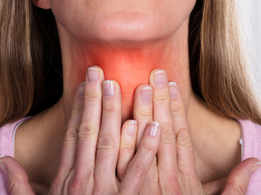
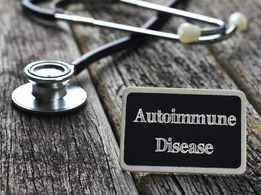
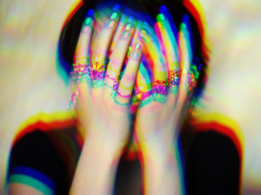
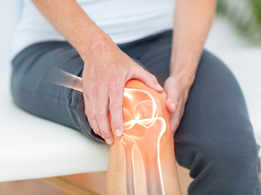
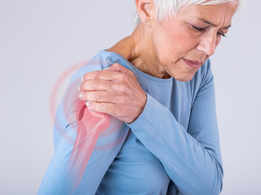
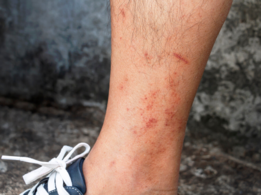



















![[Gym] Leg Training (voice-over with tips)
[Gym] Leg Training (voice-over with tips)](https://static.toiimg.com/thumb/77056786.cms?width=147&height=86)




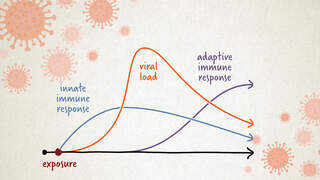



closecomments
SIGN IN WITH
FacebookGoogleEmail